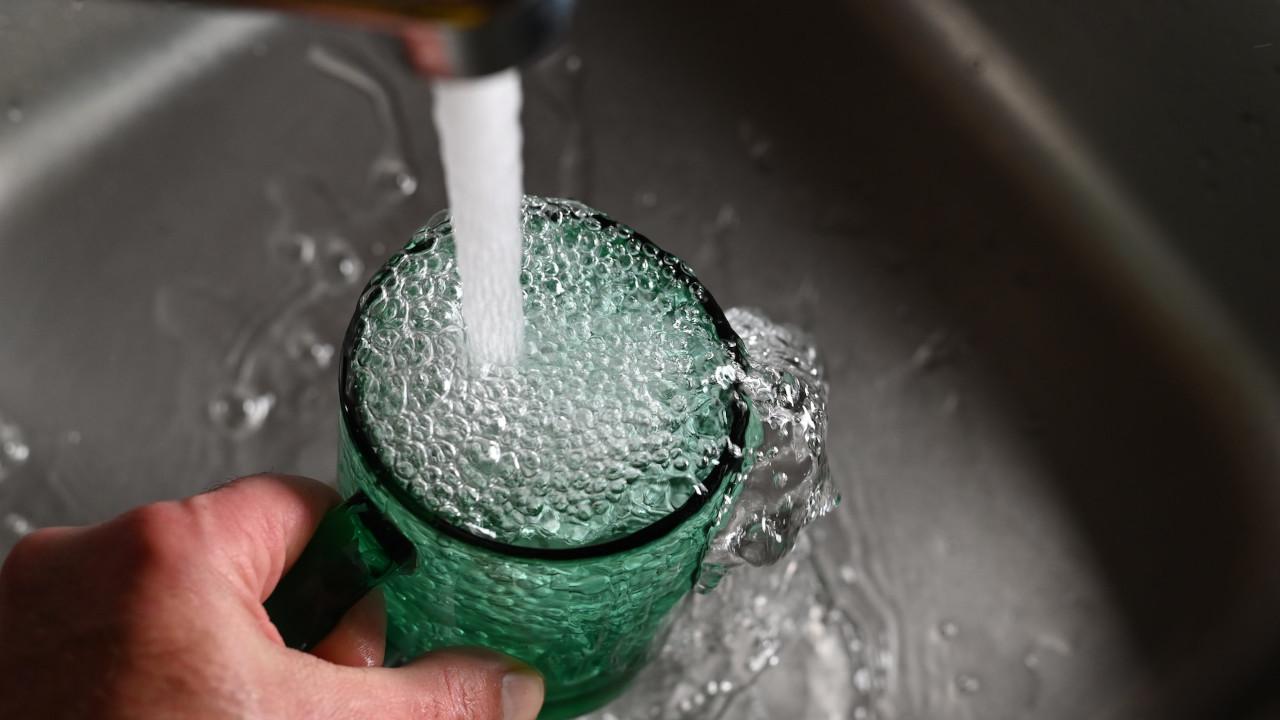Health
City urges Hammanskraal residents to avoid drinking tap water

The City of Tshwane has warned Hammanskraal residents not to drink tap water. Unfortunately, the warning goes for the surrounding areas as well. The Gauteng Department of Health has confirmed an outbreak of gastrointestinal infection in the region, resulting in at least 52 individuals seeking medical care at Jubilee Hospital in Hammanskraal. Tragically, six people have lost their lives.
Selby Bokaba, the spokesperson for Tshwane, acknowledged that the water supplied by the city in Hammanskraal is unsuitable for consumption. However, he assured residents that the city provides potable water through 52 water tankers, which visit informal settlements three times a week, and 40 water trucks that serve formal areas in Region 2 daily. This measure is to ensure that communities have access to safe drinking water.
Bokaba emphasised that the city regularly tests the water quality supplied to communities. In addition, the city will conduct comprehensive tests on the entire water distribution network in response to the outbreak. The results of these tests are expected by Wednesday, May 24. Bokaba clarified that some cases reported were from the Moretele area, which the City of Tshwane does not supply.
Outbreak Response Teams (ORT) actively conduct surveillance, monitoring, and water sampling to address the situation. The public should promptly seek medical attention at the nearest health facility if they experience symptoms associated with a gastrointestinal infection. Health facilities have been placed on high alert to prioritise the urgent care of patients displaying such signs.
Also read: Gauteng Health Department Leaves Over 1,000 Unpaid Healthcare Workers Struggling Since April
According to Gauteng Health, the affected patients reside in Kanana, Suurman, Majaneng, and Green Field. The department explained that gastrointestinal infection is a common and highly contagious condition affecting the stomach and intestines. It spreads through contact with an infected person or by consuming contaminated food or water.
Various teams are investigating the outbreak: the Tshwane Health MMC, the National Institute of Communicable Diseases (NICD), and the Centre for Disease Control (CDC) Gauteng Health. These entities strongly advised the public to practice proper hand hygiene and promptly report any symptoms to healthcare facilities.
While most healthy individuals recover from gastrointestinal infection without complications, vulnerable populations such as senior citizens, infants, and those with weakened immune systems are at higher risk. So Gauteng Health recommends maintaining proper hand hygiene, using water and soap before and after using the bathroom or toilet and preparing or consuming food. It is also advisable to wash containers used to draw water from water tankers with bleach or Jik and to boil water from all sources before drinking it.
Communities should avoid religious activities such as baptism in rivers or streams to prevent the spread of the infection. Symptoms of gastrointestinal infection may include diarrhoea, stomach cramps, nausea, and vomiting, which can appear within 1-3 days after infection and last up to 14 days in severe cases.
Source: UPDATE | City urges Hammanskraal residents not to drink the tap water
Also read:
Picture: Unsplash / Andres Siimon






















